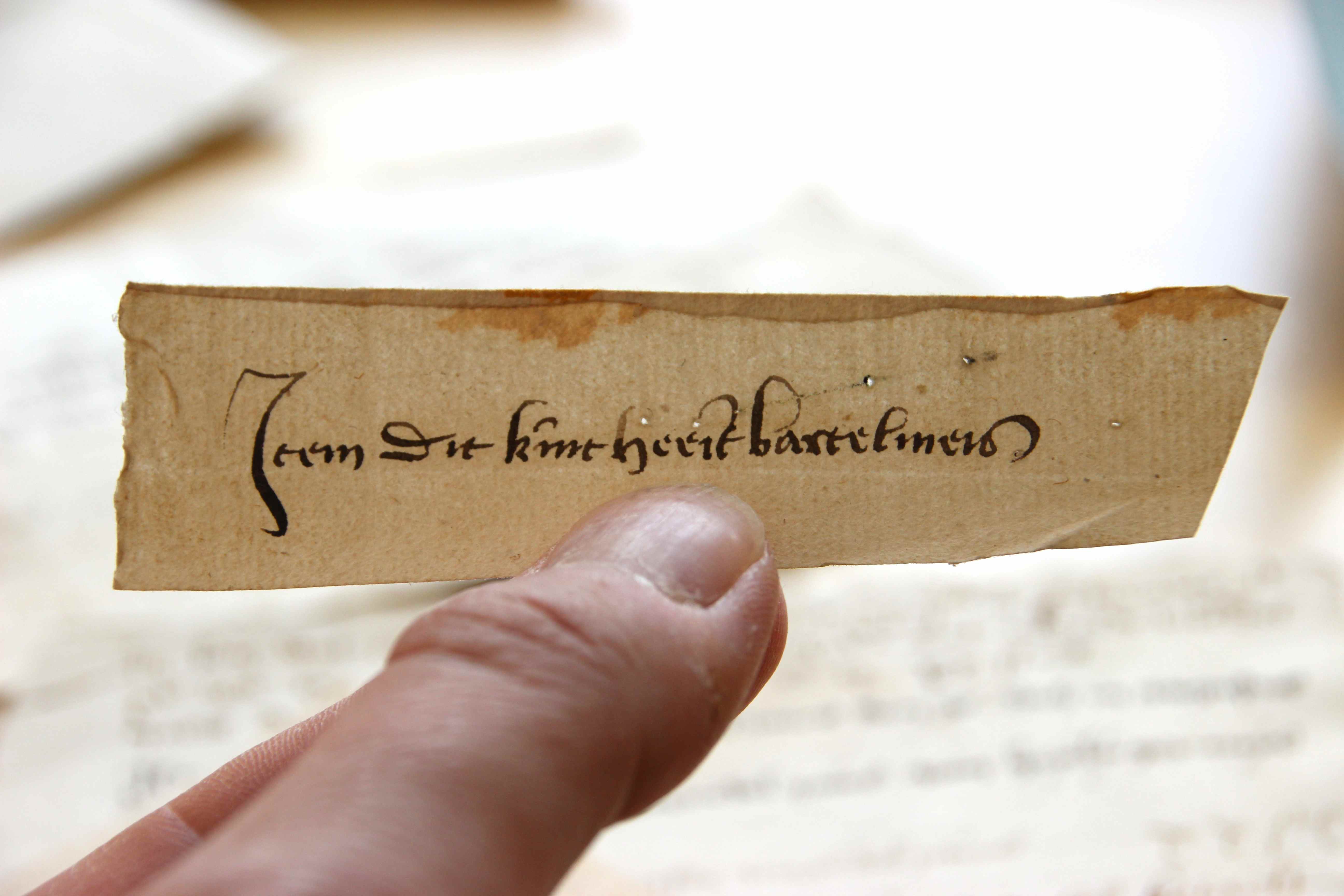

I’m kind of disappointed by the skandinavian names.

You see the wide coverage, and if you visit the essays you’ll see the depth. Just to give a sample from the Slavic section, there are essays on “Grammar of Period Russian Names” (followed by “A Dictionary of Period Russian Names”), “A Chicken Is Not A Bird: Feminine Personal Names in Medieval Russia,” “Locative Bynames in Medieval Russia,” “Occupational Bynames in Medieval Russia,” and “Russian Personal Names: Name Frequency in the Novgorod Birch-Bark Letters,” among others. You can find out more than you ever thought you’d want to know about English, Old English, and Anglo-Norman Names Scandinavian Names Names from the Low Countries Frankish and French Names Welsh, Cornish, and Breton Names Classical and Byzantine Greek Names Slavic and Baltic Names and many more.

Other medieval names are mispronounced, or thought to be feminine names when they were only masculine…Īnd below that is the meat of the site, Personal Names in Specific Cultures. For example, some names which were used in one medieval culture are now mistakenly believed to have been used in others. Some names that many people think of as common to the Middle Ages or Renaissance are either purely modern or otherwise problematic. We’ve put together some guidelines to help you identify good sources… There are a lot of books and lists of names that are useless, misleading, or erroneous. It’s also easy to get led astray by bad sources. Depending on just how authentic you want your name to be, you may or may not decide to worry about these details this collection of articles assumes that you want your name to be as authentic as possible. Most of the names are modernized and anglicized, both in spelling and form. …Few history books reproduce names in the exact forms that were recorded in period documents.

Then comes a little essay on “Choosing a Medieval Name”: Under the rubric “What’s New” we find, inter alia: Place-Names in Landnámabók, Basque Onomastics of the Eighth to Sixteenth Centuries, Jewish Names in Ottoman Court Records, and Greek Names with Scytho-Sarmatian Roots. These people take accuracy with a seriousness that would shame a nineteenth-century German philologist, and the essays collected on the site have a level of detail that will sate all but the thirstiest seeker after onomastic information. The first line on the main page is “This collection of articles on medieval and renaissance names is intended to help historical re-creators to choose authentic names,” and if you think that portends some sort of amateurish silliness on a par with “what to name your baby” sites, you don’t know historical re-creators. So if you have an idea in mind of what kind of personality traits your equine companion should have, we hope this list helps inspire some new names! We also have another list of Roman horse names if you need more options to choose from.A correspondent reminded me of a site I keep running across but for some reason have never blogged about: the Medieval Names Archive. Whether you’re looking for a medievil horse name that’s fierce or friendly, there’s sure to be one perfect for you and your pet horse! After all, when it comes to naming horses, the options are limited only by your imagination. White Star (An awesome choice for a white horse!).Carbonel – Coal Black (a perfect name for any black horse).Here are the best medieval horse names: Male Medievil Horse Names When it was first bred in the 1600s it became popular with riders who were typically poorer knights, squires, or men-at-arms. The rouncey is a mix of Norman horse and English draft horses by crossbreeding. The rouncey, also known as the ‘rounsey’, was a versatile horse that could be kept for military purposes or use in everyday life. Facts about medieval horses are that they were also used frequently for hunting.


 0 kommentar(er)
0 kommentar(er)
